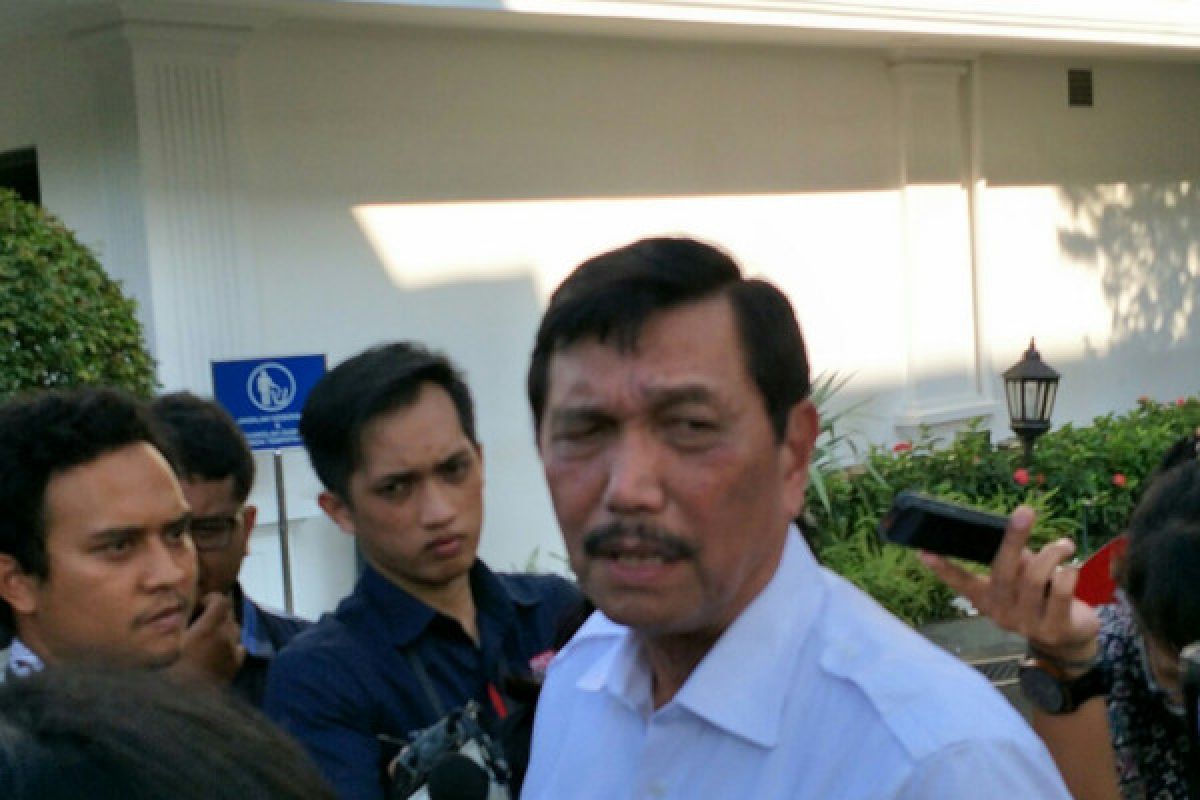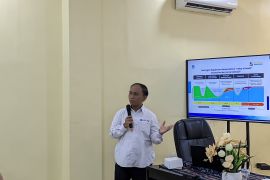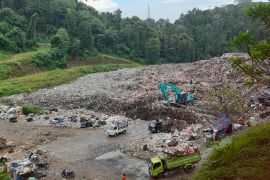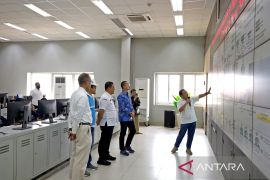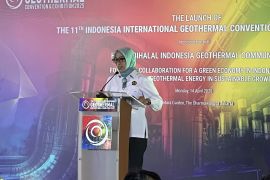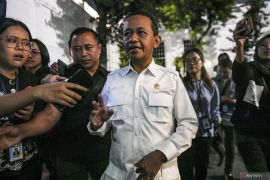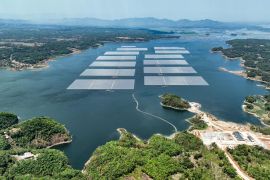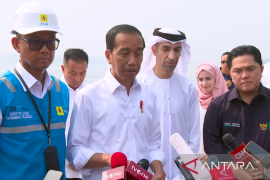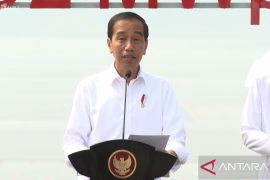"PLN projects not meeting the required level of local content would have to be rescheduled. Therefore, we ask the owners of the projects especially ones the contracts for which are not yet signed to first meet the local content requirement," Luhut said here on Tuesday.
He said evaluation of the electricity projects of PLN was intended to curb imports to redress the country`s trade balance.
The government has been concerned with the deficit recorded in the country`s international trade in the first half of the year as well as the widening current account deficit.
The levels of local content vary depending on capacity of the power plants to be built, he said.
However, the regulation is effective on projects in Java as the country`s most populous and most densely populated island already has surplus in power supply, he said.
He said the process of evaluation would not have bad impact on the government`s program to build new power plants with a total capacity of 35,000 megawatts especially as the steps is taken to face the global uncertainty.
"No reason for much concern . Everything is running under control. We in Java have surplus in power supply, therefore, there should be no problem. We do this to go through the period of global crisis," he said.
Earlier, Finance Minister Sri Mulyani Indrawati said PLN and energy company Pertamina are the largest users of imported components among the state companies.
"The government asks them to review their import plans. They are expected to not only meet the regulation on the use of local content, but also review their import of capital goods. Projects not yet up to financial closing would be shelved," Sri Mulyani said.
She said the Minister of Energy and Mineral Resources will study the list of goods to be imported and imports would be stopped for six months until the condition of balance of payments has improved.
The minister also said the government would seek to provide substitution of consumer goods and industrial basic materials, which have been imported so far.
The government has announced that the country`s current account deficit had widened to US$8 billion or three percent of the country`s GDP in the second quarter of the year.
Sri Mulyani, while expressing concern,said the condition was still better than in 2015 when the deficit was more than 4 percent.
However, the government needs to be cautious as the global economic development is much different from in 2015, she added.
She indicated that in a bid to cut the deficit, the government would seek to boost export and cut imports.
The Minister said currently, the government is seeking to reduce imports by using more good produced domestically such as the use of biodiesel 20 (B20) to reduce import of diesel oil.
Oil fuel has contributed considerably to import spending, she said.
B20 is a mixture of diesel oil and palm oil that makes up 20 percent of the mix.
The government has said the use of B20 to substitute automotive diesel oil would save up to US$5.5 billion a year.
Reporting by Ade Irma Junida
Editing by A Saragih, A Abdussalam
(AS/a014)
(T.SYS/A/H-ASG/A014) 15-08-2018 09:31:25
Reporter: Antara
Editor: Fardah Assegaf
Copyright © ANTARA 2018
